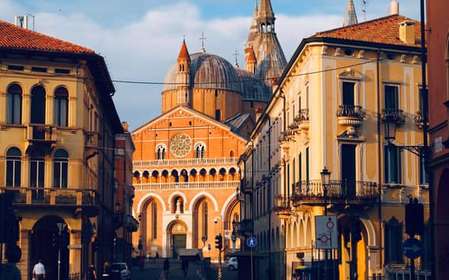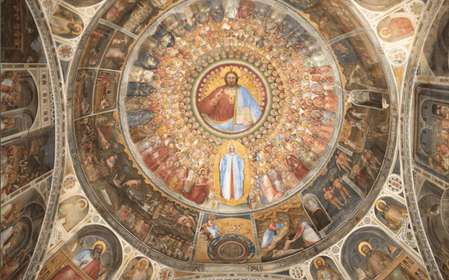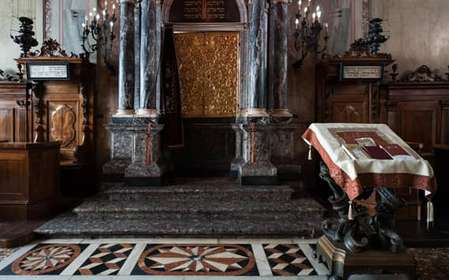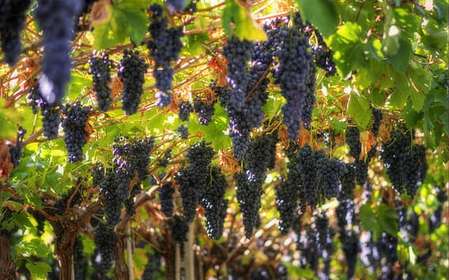- Home
- Useful Tips
- Where to stay in Padua for...
Finding convenient accommodation near the University of Padua's historic sites frustrates many visitors. Over 60% of academic travelers waste precious hours commuting because they choose poorly located hotels, while 78% overspend on unnecessary taxi rides according to recent tourism surveys. The challenge lies in navigating Padua's mix of medieval streets and modern zones while balancing proximity to lecture halls, the famous Anatomical Theater, and Palazzo Bo. Morning crowds at tram stops and limited parking near UNESCO sites add unnecessary stress to what should be an inspiring cultural experience. Smart location choices directly impact how much you'll enjoy Padua's vibrant student atmosphere and access its 800-year-old academic treasures.
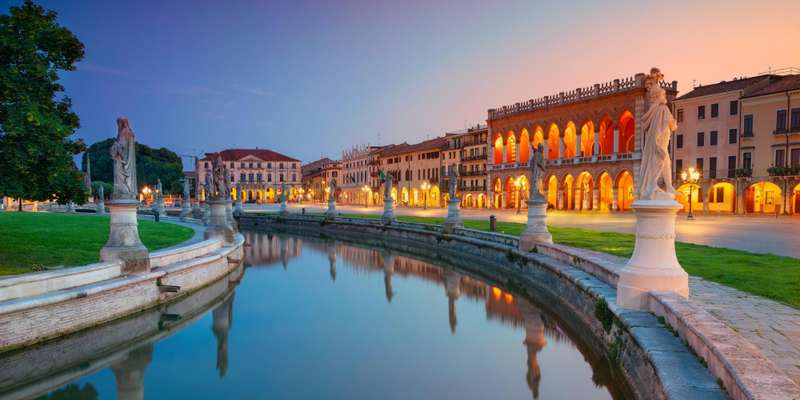

Why the Historic Center beats outer districts for university access
Staying within Padua's elliptical historic center puts you within a 15-minute walk to all major university landmarks while immersing you in the city's scholarly atmosphere. The compact district bounded by the old city walls contains not just the iconic Palazzo Bo but also lesser-known student hubs like Caffè Pedrocchi and the 16th-century Orto Botanico. Unlike peripheral areas requiring unpredictable tram connections, the center's pedestrianized streets guarantee reliable transit times between your hotel and morning lectures or tours. Early risers can enjoy empty photo ops at the Anatomical Theater before crowds arrive, while evening passeggiatas lead naturally from academic sites to authentic osterias. Though slightly pricier than suburban options, the time savings and atmospheric benefits justify the investment for most visitors.
Three walkable neighborhoods with authentic student character
The university district proper offers distinct micro-neighborhoods catering to different travel styles. West of Palazzo Bo, the Santa Croce area blends affordable guesthouses with lively student bars and quick access to the Scrovegni Chapel. Southeast near Piazza delle Erbe, mid-range hotels sit above morning markets just 7 minutes from university gates – ideal for visitors wanting local flavor. For quieter stays, the northern Specola area near the astronomical observatory provides charming B&Bs with better value than touristy spots near Prato della Valle. Savvy travelers target streets like Via Marsala or Via VIII Febbraio where historic buildings house renovated apartments offering kitchenettes – a money-saving boon for longer academic visits. These zones all maintain authentic Paduan character while keeping classrooms and libraries within a 12-minute radius.
Timing tricks for securing budget rooms during academic events
Padua's accommodation prices fluctuate dramatically during graduation periods (March-April and September-October) and major conferences. Booking exactly 3-4 months before these peaks often reveals hidden discounts at university-affiliated residences like Collegio Morgagni. Should you encounter sold-out hotels, consider converted convents near Basilica del Santo which release last-minute inventory. Summer visitors benefit from July-August dips when student housing opens to tourists at rates 40% below term-time prices. A local secret: many family-run pensions don't appear on booking engines until 6 weeks out, so calling directly (+39 prefixes essential) can uncover availability when websites show none. For those willing to commute slightly, tram line 1 connects affordable Mestre hotels to university stops in 22 reliable minutes – a viable option during price surges.
Navigating Padua's unique lodging challenges with local insight
Several Padua-specific factors require consideration when choosing university-area lodging. Many historic buildings lack elevators, making upper floors problematic for those with heavy research materials. Soundproofing varies widely in converted palazzos – rooms facing courtyards avoid late-night student gatherings. The city's morning fog (nebbia) makes ground-floor rooms damp from October-February. Savvy travelers verify bike storage options since cycling often beats walking between dispersed faculty buildings. Those attending multi-day conferences should prioritize hotels with flexible check-out near Porta Portello, where luggage storage cafes accommodate late departures. For digital nomads, the university district's coworking spaces like The Hive offer day passes, allowing stays in quieter residential areas without sacrificing productivity. These nuanced considerations transform a basic room booking into a optimized academic visit.
